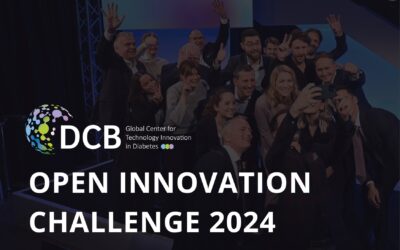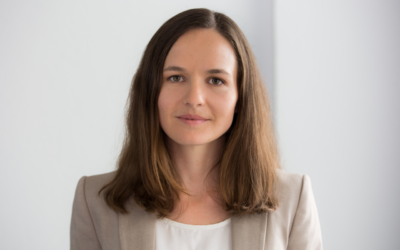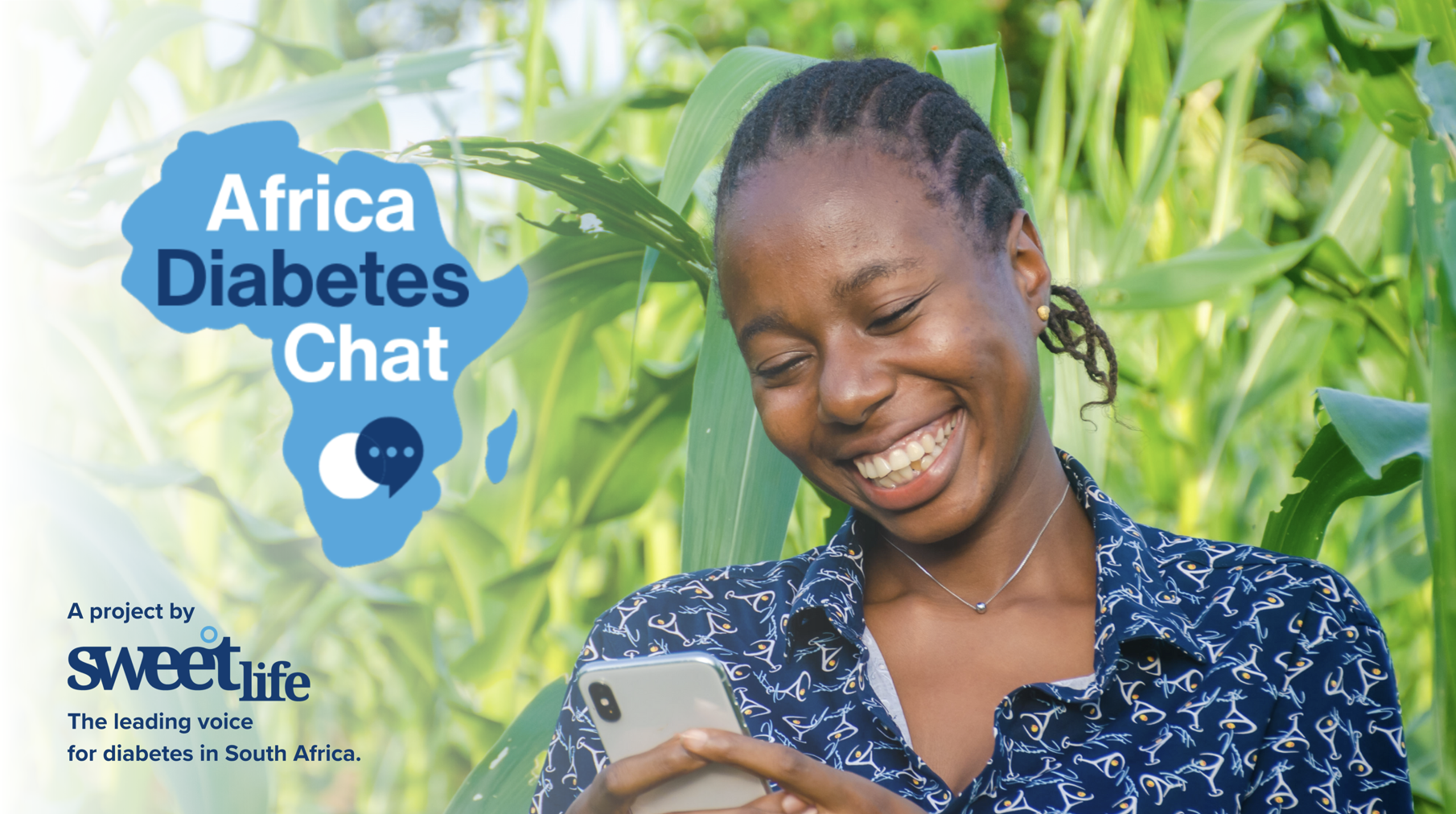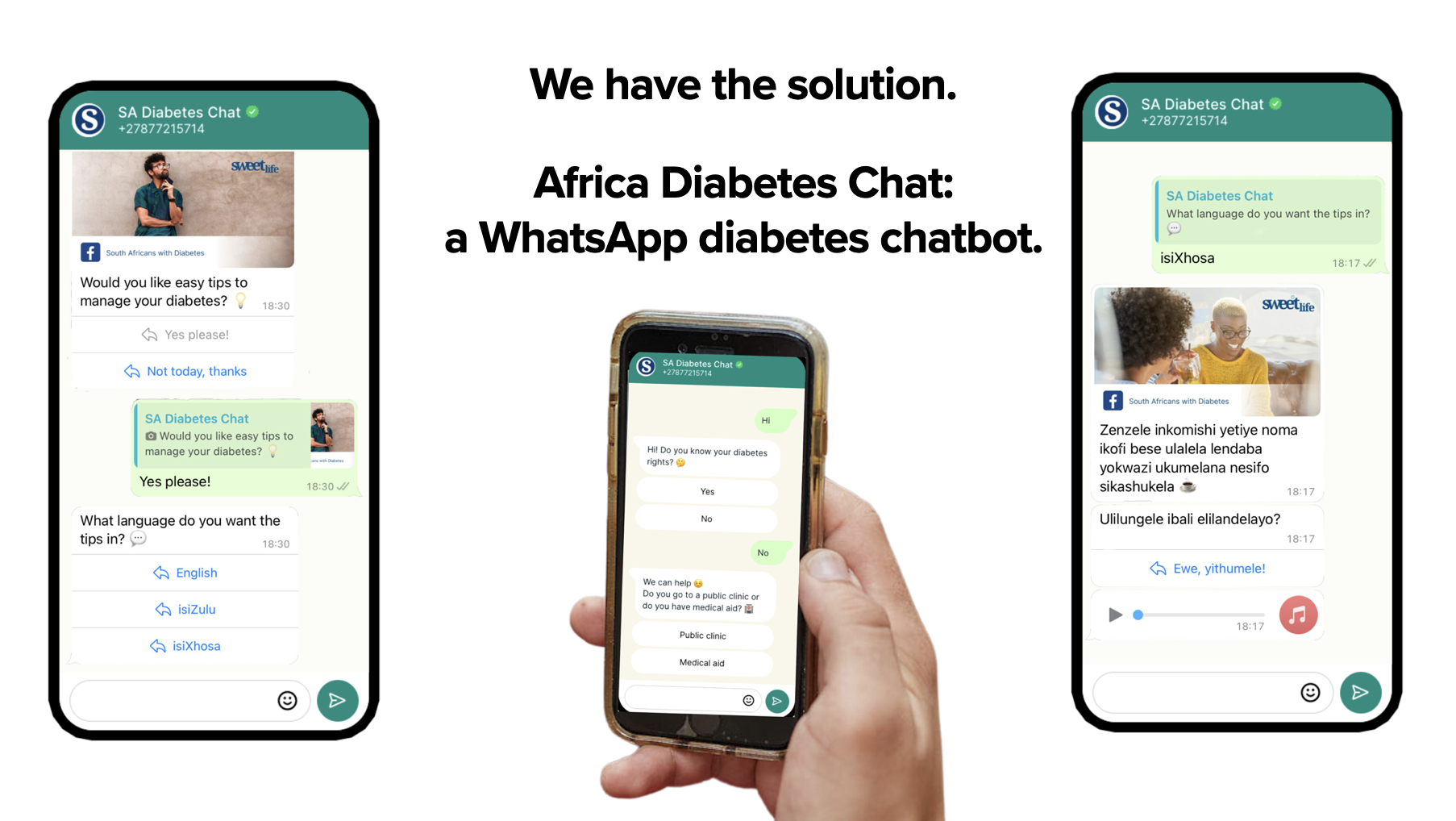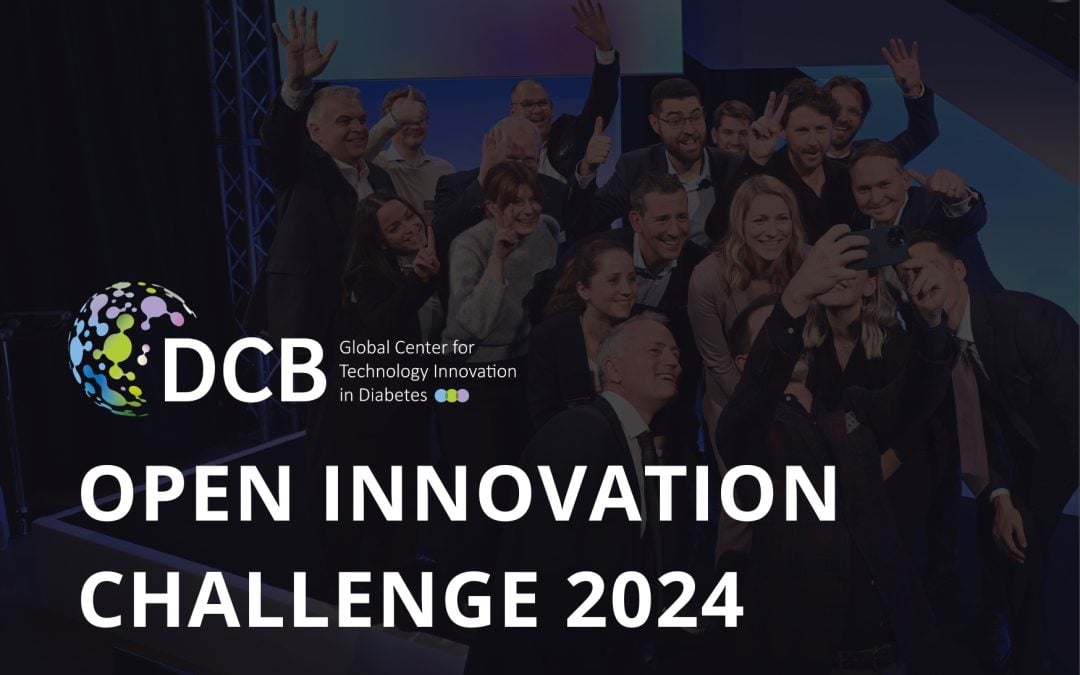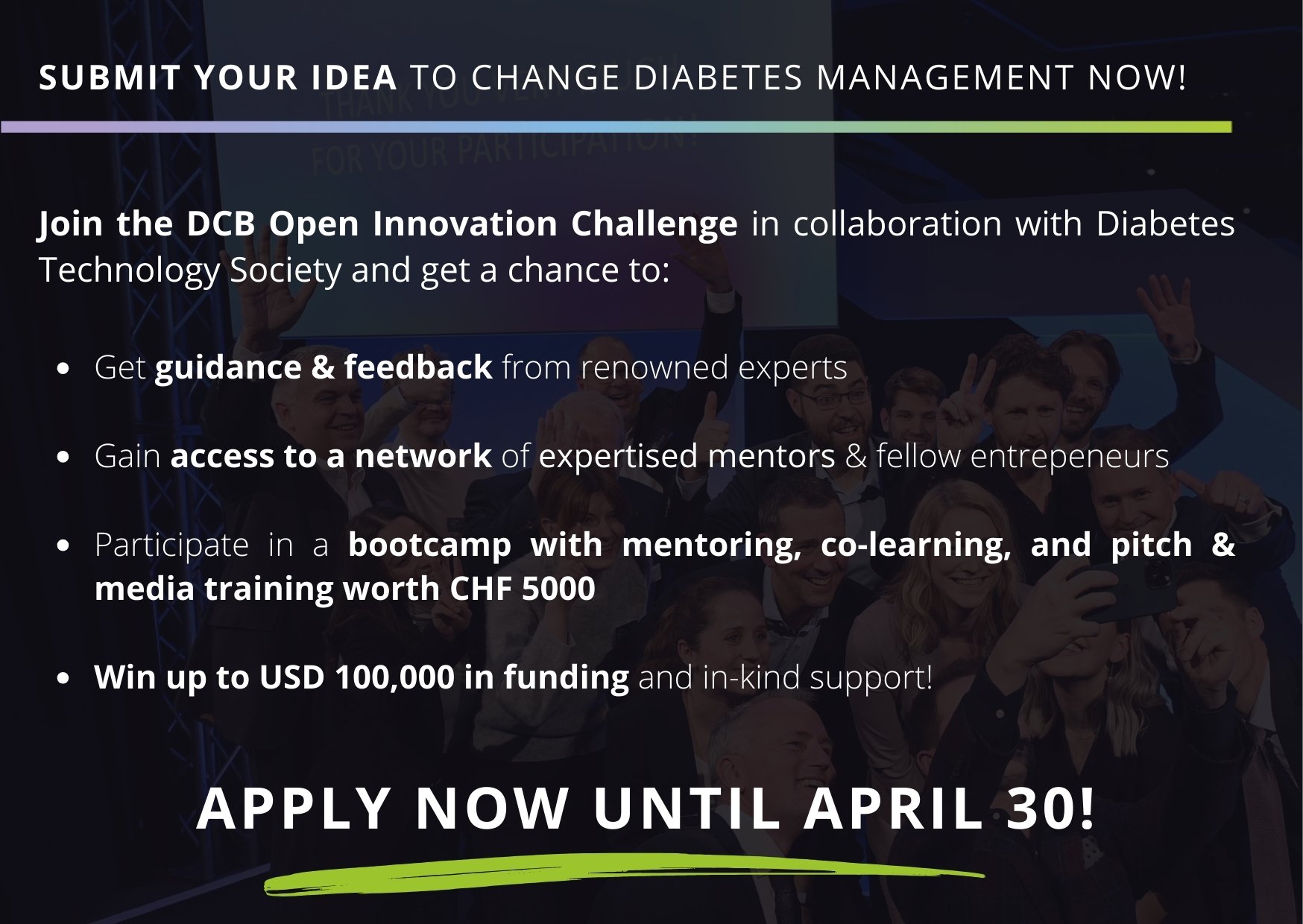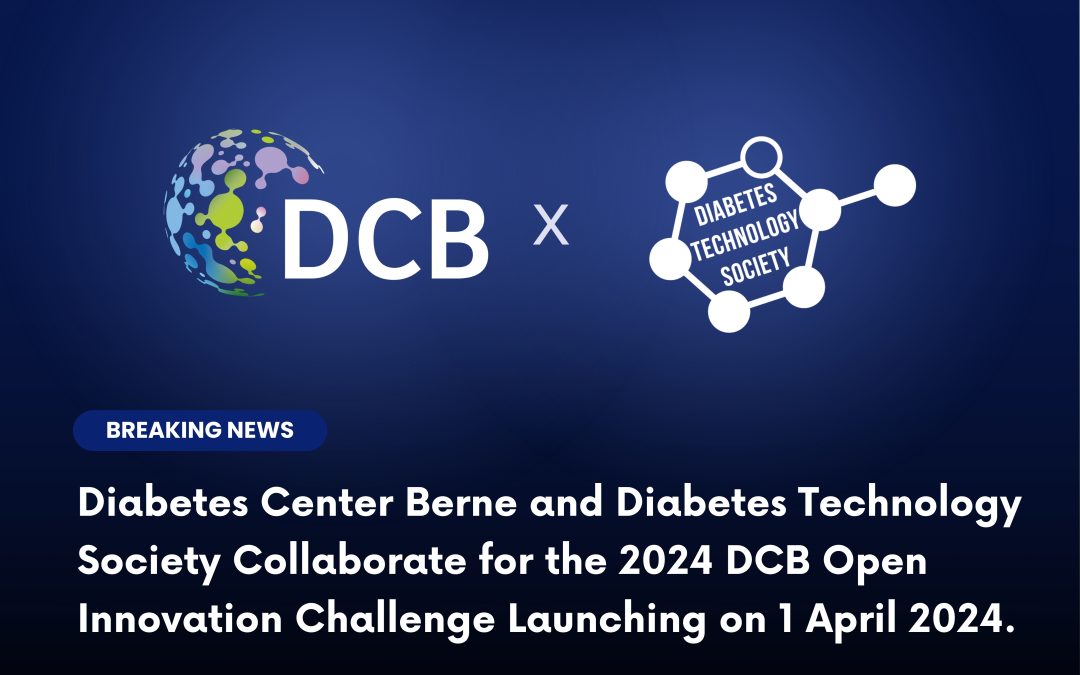DCB ist begeistert, im Nature Portfolio Spotlight über die Schweiz vertreten zu sein. Der Artikel "Cutting-edge...

DCB im Nature Portfolio: „Cutting-edge diabetes technology to make lives easier“
DCB im Nature Portfolio: „Cutting-edge diabetes technology to make lives easier“
DCB ist begeistert, im Nature Portfolio Spotlight über die Schweiz vertreten zu sein. Der Artikel „Cutting-edge diabetes technology to make lives easier“ gibt einen Einblick in unsere Arbeit am DCB und beschreibt wichtige Fortschritte im Diabetesmanagement.

Modernste Diabetes-Technologie, die das Leben leichter macht
Das renommierte Nature Portfolio hat ein Spotlight über die Schweiz herausgegeben, das unter dem Motto steht:„Die Schweiz genießt seit Jahrzehnten ein warmes Verhältnis zum Rest Europas – aber wie hat das die Forschung im Lande beeinflusst?“
DCB freut sich sehr, in diesem Spotlight vertreten zu sein, das die Forschung und Innovation im Bereich der Diabetes-Technologie beleuchtet.
Unsere Assistenzprofessor:innen José García-Tirado und Lilian Witthauer sowie unsere Scientific Program Managerin Martina Rothenbühler wurden interviewt und gaben Einblicke in ihre Arbeit am DCB und die Entwicklung von Technologien wie der künstlichen Bauchspeicheldrüse, die den Alltag von Menschen mit Diabetes durch eine Vereinfachung des Insulinmanagements zu verändern verspricht.
„Unsere Aufgabe ist es, die Diabetesforschung und den technologischen Fortschritt zu unterstützen. Wir bauen Brücken zwischen Forschung und Start-ups, der Industrie und anderen Interessengruppen.“
– Martina Rothenbühler, DCB
Lies den Artikel jetzt, um tiefer in unsere Arbeit einzutauchen und zu sehen, wie innovative Technologien die Zukunft des Diabetesmanagements gestalten.
Neuigkeiten
DCB im Nature Portfolio: „Cutting-edge diabetes technology to make lives easier“
Die DCB Open Innovation Challenge ist zurück: Jetzt Idee einreichen!
Zum vierten Mal lanciert das Diabetes-Zentrum Bern die Open Innovation Challenge mit dem Ziel, innovative Projekte im...
Lisa Koch wird Professorin für Artificial Intelligence und Data Science am DCB
Bern, 2. April 2024 - Die neu geschaffene Assistenzprofessur mit Tenure Track ist die dritte von insgesamt drei...


DCB Research AG
Freiburgstrasse 3
3010 Bern
Switzerland

